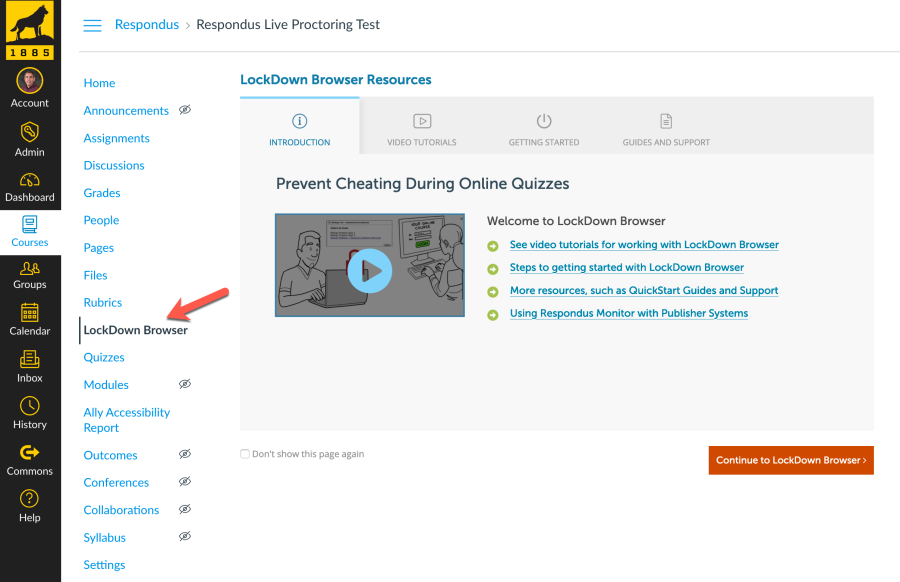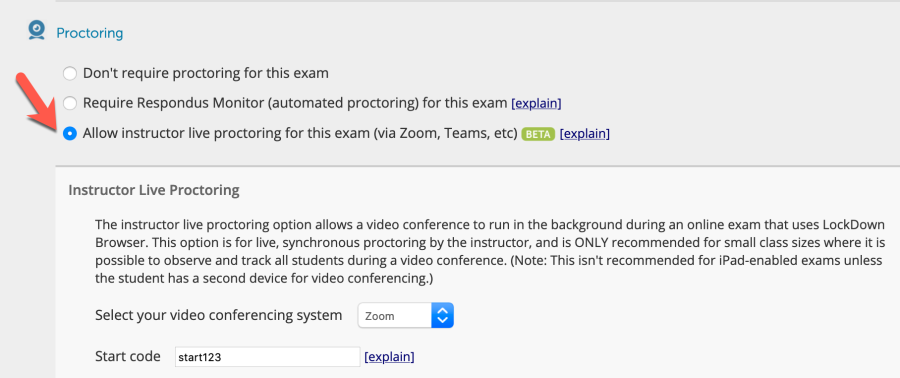This fall the Jackson Center for Teaching and Learning is offering a faculty book club where we will read Specifications Grading by Linda Nilson. This book club is intended to spark discussion about grading and assessment practices and strategies for using grading and assessment to support student learning and communicate student achievement.
Grading and Assessment
What is the difference between grading and assessment? Are they the same thing? According to the Eberly Center for Teaching Excellence and Educational Innovation, “the goal of grading is to evaluate individual students’ learning and performance;” whereas “the goal of assessment is to improve student learning” (What is the difference between assessment and grading). When grading and assessment are aligned, they can support student learning and growth as well as provide information about student proficiency at the end of a course.
Assessment
It’s important for faculty to include many opportunities for assessment in their courses. This gives both faculty and students insight into what and how well students are learning. Based on the results of assessments, faculty may decide to change their teaching strategies, course assignments, and/or exam questions. Based on the results of assessments, students may decide to change their study strategies, note-taking habits, and/or class participation. Assessment results may also help faculty and students begin a conversation about how to improve teaching and learning in a specific course.
Grading
Grading can be a challenging part of teaching, but, when grading and assessment are aligned, grading can become less challenging. Ideally, grades should indicate what students know and can do within the scope of the course that students have completed. Assessment results can help students adjust their learning strategies so that they gain more knowledge and skills during a course, which should improve their course grade. However, it can be challenging to connect course assessments with a final course grade in ways that meaningfully communicate student knowledge and skill levels.
In Specifications Grading, Nilson (2015) suggests that faculty consider revising their grading systems to ensure that their systems:
- “Uphold high academic standards” (p. 9)
- “Reflect student learning outcomes” (p. 9)
- “Motivate students to learn” (p. 10)
- “Motivate students to excel” (p. 10)
- “Discourage cheating” (p. 10)
- “Reduce student stress” (p. 10)
- “Make students feel responsible for their grades” (p. 11)
- “Minimize conflict between faculty and students” (p. 11)
- “Save faculty time” (p. 11)
- “Give students feedback they will use” (p. 12)
If you would like to learn about Nilson’s ideas for how to do this, please register and join us for the Fall 2025 Faculty Book Club. Participants will receive a copy of the book.
References
Eberly Center for Teaching Excellence & Educational Innovation. (n.d.). What is the difference between assessment and grading? Carnegie Mellon University. https://www.cmu.edu/teaching/assessment/basics/grading-assessment.html
Nilson, L. B. (2015). Specifications grading: Restoring rigor, motivating students, and saving faculty time. Routledge.


